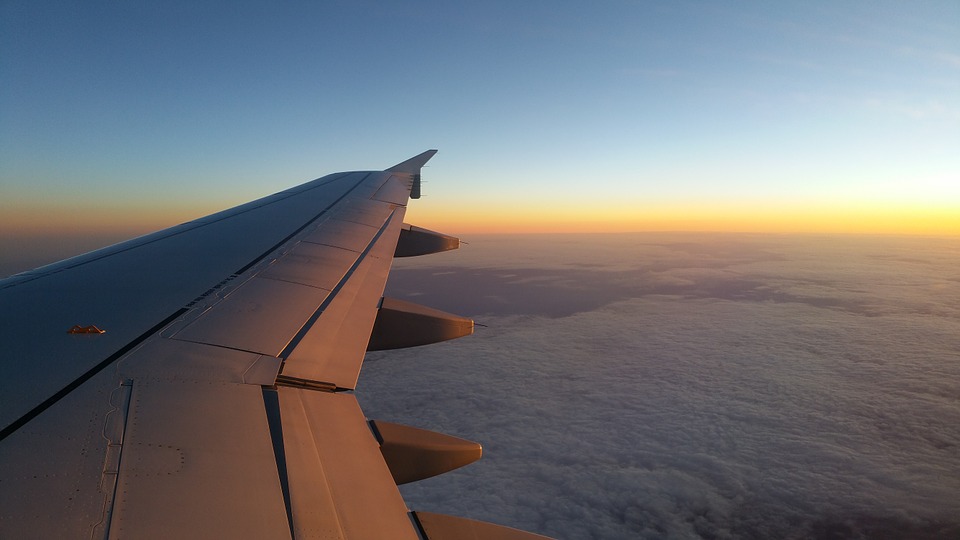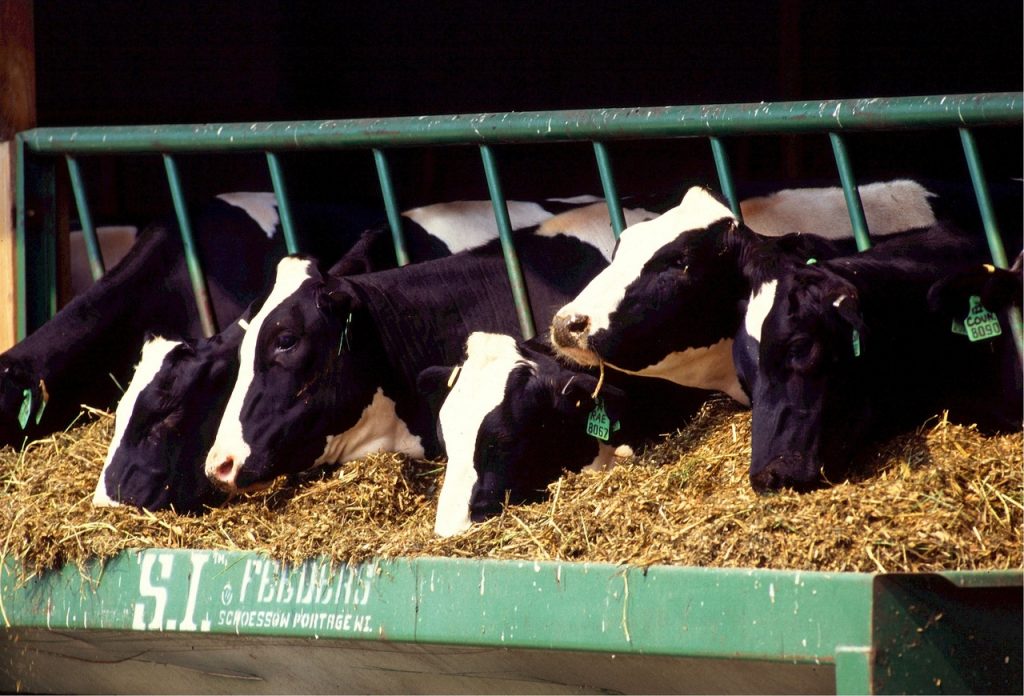State gives over €4bn on environmentally damaging subsidies in 2016 – CSO

June 5th, 2019
The Government provided over €4 billion in 2016 for subsidies that are potentially damaging to the environment, new analysis from the Central Statistics Office has revealed.
A new report from the CSO analysing subsidies between 2012 and 2016 found that supports for fuel, agriculture, and transport, in particular, aviation fuel, are the key areas of concern.
A potentially environmentally damaging subsidy is defined as one likely to incentivise behaviour that could be damaging to the environment irrespective of its importance for other policy purposes.
According to the CSO, €2.5 billion was provided in 2016 in either direct subsidies or revenue foregone due to preferential tax treatment, and a further €1.6 billion supported other potentially environmentally damaging activities.
By way of comparison, €5.1 billion was raised in environment taxes such as the plastic bag levy and the carbon tax and €700 million was spent on environmental subsidies in 2016.
Over €2.5 billion in both direct and indirect support for fossil fuels were disbursed by the Government in 2016, including €115 million to support peat burning for electricity.

Peat subsidy
Peat burned at two ESB facilities in the Midlands receives support through the Public Service Obligation (PSO) levy on electricity consumers.
PSO support for Bord na Mona’s Edenderry plant expired in 2015 and is set to expire at the ESB plants in West Offaly and Lough Ree at the end of the year.
Edenderry began receiving support through the PSO-funded Renewable Energy Feed-in Tariff (REFIT) in December 2015 for co-firing with biomass.
The plant is guaranteed a tariff price under REFIT until December 2030, and it is expected that the two ESB plants will receive similar support if they receive planning permission to begin co-firing.
Several environmental groups raised concerns over co-firing plans for ESB’s West Offaly facility in Shannonbridge at an oral hearing held by An Bord Pleanala in April.
The utility is seeking permission to change to co-firing at the plant from 1 January 2021, the day after its current permission for the peat-fired plant expires.
One of the concerned groups, Friends of the Irish Environment, asked the European Commission to investigative the Government’s decision to subsidise biomass burning at peat stations last August.
The group argues that support for co-firing goes against the recommendation of the Climate Change Advisory Council that State resources should not support measures that lead to increases in emissions.
The expert body has said that the biomass subsidy for peat power plants is an “environmentally harmful” subsidy responsible for higher emissions levels at a “direct cost to the nation”.

Fuel and aviation allowances
Other subsidies examined in the CSO report include providing fuel allowances to households to alleviate fuel poverty (€230 million).
The report states that alternatives to the fuel allowances such as retrofitting grants would greatly reduce energy used for heating, as well as reducing health risks from damp or mould.
Indirect subsidies outlined in the report include tax revenues foregone by the use of lower excise duties on the likes of diesel (€362 million), kerosene (€563 million) and green diesel (€506 million).
“A higher rate of excise duty would be needed on autodiesel, marked gas oil, fuel oil and kerosene, compared with petrol, to reflect the higher carbon dioxide emission factors of the fuels,” the report adds.
A recent Economic and Social Research Institute study found that bringing the diesel levy in line with the rate of petrol could reduce Ireland’s emissions and bring in €500 million for the exchequer.
A tax exemption for aviation fuel also accounted for almost €500 million missed out in revenue by the State, the report finds.
The UN estimates that emissions from international aviation grew by 87 per cent between 1990 and 2014. The International Civil Aviation Authority forecasts aviation emissions will quintuple by 2050.
Ryanair was named as Europe’s most polluting airline in 2017, emitting 9.2 million tonnes of carbon dioxide. The airline argues that it its emissions per passenger are 25 per cent lower than the average of the other four largest European airlines.

Agricultural subsidies
Just under €1.5 billion in potentially environmentally damaging subsidies was dished out to the agriculture sector in 2016, the report states.
According to the CSO, agricultural subsidies are included in the list as they can result in nutrient pollution and loss of biodiversity as well as increasing demands on water abstraction.
The total sum does not include the €506 million foregone on green diesel used in tractors, and farm machinery, but does take into account direct farm payments.
The figure also includes revenues foregone through the likes of the zero rate of VAT for fertiliser (€27 million) and agricultural capital acquisitions tax relief (€118 million).
Marketing and promotional expenditure from Bord Bia to promote Irish products to the tune of €33 million is also included in the figures for 2016.
[x_author title=”About the Author”]







